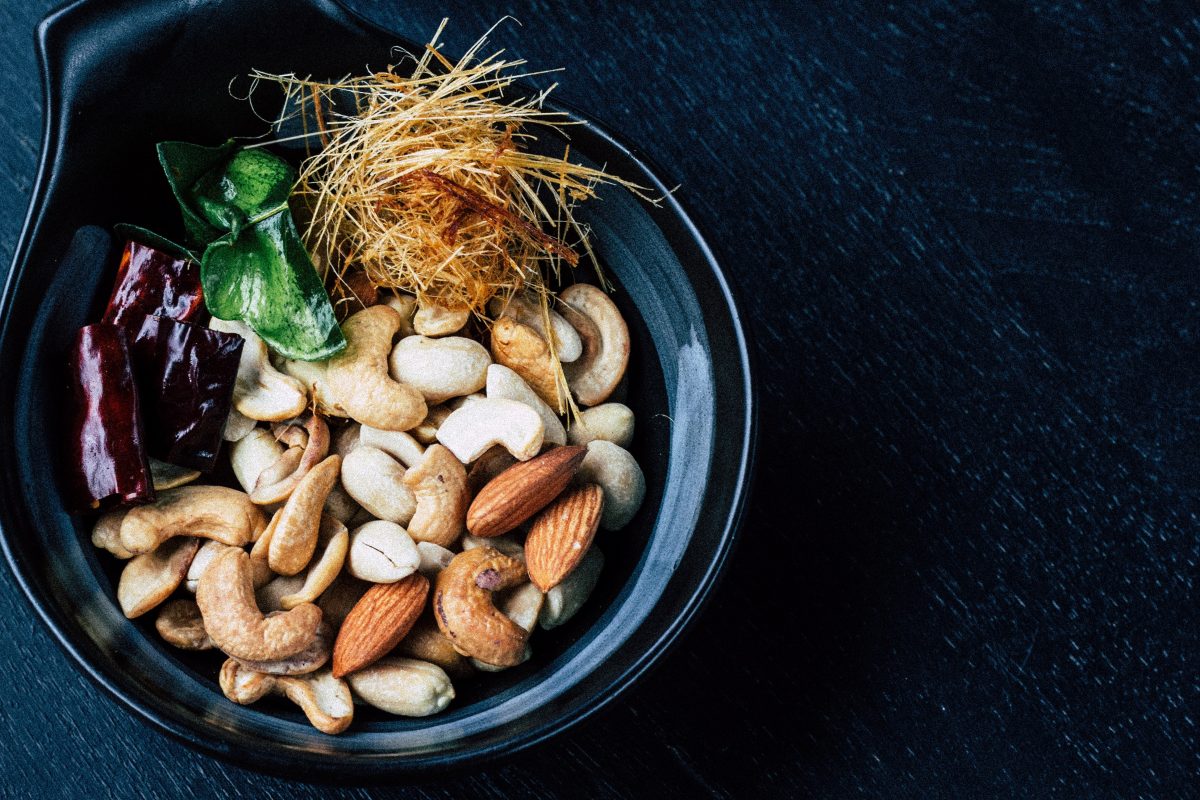Our goal here at Rejuvime is to educate our patients and followers on the menagerie of contributing factors that play a role in the aging process. We truly believe that education is the key to success, and living an active, healthy, and happy lifestyle is a passionate goal we have for each one of our patients.
The foods and products we consume have a significant and direct effect on our overall health, thus, how our bodies react to the aging process. Today, we are focusing on inflammation, specifically, and how it affects the body. According to an article published by Harvard Medical School, “Many major diseases that plague us—including cancer, heart disease, diabetes, arthritis, depression, and Alzheimer’s—have been linked to chronic inflammation.” What’s more intriguing though, is that we have the tools to combat inflammation without possibly ever seeing a doctor or opening up a medicine cabinet. According to a study published by Harvard Health, by consuming and avoiding specific foods, we can take preliminary steps to avoiding inflammation and disease in the body and taking control though conscientious choices within our diet.

In this article, we are going to outline some foods that have inflammatory and anti-inflammatory properties.
FATTY FISH: Fish such as salmon, tuna, sardines, and those high in Omega-3s. It is recommended to consume 3-6 ounces of these two to four times a week to lower chronic inflammation. Chronic inflammation is the body’s long-term response to toxins and can contribute to a slew of health issues. These Omega-3 rich foods help lubricate the joints, as well as maintain good brain and heart health.
LEAFY GREENS: Dark, leafy greens such as spinach, kale, Swiss chard, and broccoli are high in calcium, iron, and vitamin E. Not only are greens great for their anti-inflammatory properties, but they also aid in boosting energy levels.
NUTS: According to the Arthritis Foundation, walnuts, almonds, chia seeds, flaxseed, peanuts, and pistachios are all great for their anti-inflammatory properties. In addition, they aid in weight management, fiber, and protein consumption. Not a fan of nuts? Try nut butter made with no added sugar or preservatives for a fun alternative!
VIRGIN OLIVE OIL: According to a study done by the US National Library of Medicine, the phenolic compounds found in extra virgin olive oil have significant anti-inflammatory aiding properties. What’s most interesting about this study is one of these compounds, in particular, oleocanthal. According to the study, researchers found that “Oleocanthal is contained in virgin olive oil and possesses similar anti-inflammatory properties to ibuprofen.”
GARLIC AND ONIONS: Organosulfur compounds found in garlic and a flavonoid in onions known as quercetin aid as combatants to inflammation. Experts recommend consuming garlic raw and sticking to red or yellow onions for the most substantial benefits.
BERRIES: Fruits are all very beneficial to our overall health and well-being for the various antioxidants. Berries, in particular, contain exceptionally strong anti-inflammatory properties. According to Health magazine, “red raspberry extract helps prevent animals from developing arthritis; that blueberries can protect against inflammatory intestinal disorders like ulcerative colitis, as well as lower blood pressure and heart attack risk; and that women who eat more strawberries may have lower levels of CRP.”

It’s no coincidence that many of the foods that cause inflammation are foods we already commonly know to be detrimental to other facets of our overall health.
Foods That Contribute to Inflammation
Here are a few foods health professionals recommend limiting or avoiding, as they are contributing factors to inflammation:
- REFINED CARBOHYDRATES (white breads, pastries, white rice)
- FRIED FOODS
- SUGARY BEVERAGES
- RED MEAT + PROCESSED MEAT
- MARGARINE, SHORTENING, AND LARD
In addition to inflammation, many of these foods are also directly correlated to weight gain and other health risks.
For more information on our own weight loss program and how it works, or to set an appointment, be sure to check out our website or call to speak to one of our medical professionals today!
References:


Leave a Reply